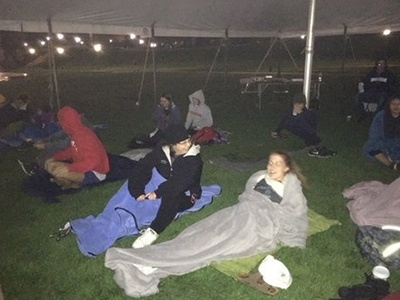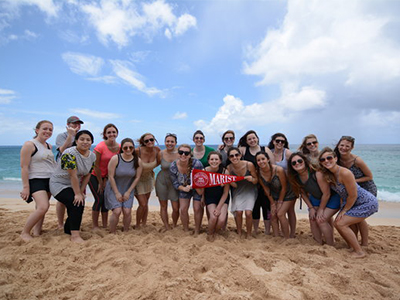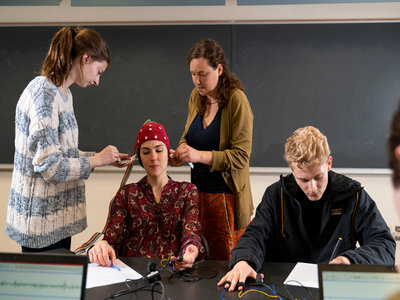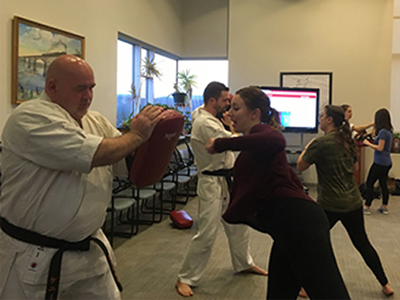-
About
Admitted Student Days
• Saturday, March 28
• Sunday, March 29
• Saturday, April 11Accepted Students: Be sure to register for one of our Admitted Student Days and explore all that Marist has to offer.
About
-
Academics
Admitted Student Days
• Saturday, March 28
• Sunday, March 29
• Saturday, April 11Accepted Students: Be sure to register for one of our Admitted Student Days and explore all that Marist has to offer.
Academics
-
Admission & Financial Aid
Admitted Student Days
• Saturday, March 28
• Sunday, March 29
• Saturday, April 11Accepted Students: Be sure to register for one of our Admitted Student Days and explore all that Marist has to offer.
Admission & Financial Aid
-
Student Life
Admitted Student Days
• Saturday, March 28
• Sunday, March 29
• Saturday, April 11Accepted Students: Be sure to register for one of our Admitted Student Days and explore all that Marist has to offer.
Student Life
- Athletics
Image of Marist students from the School of Social and Behavioral Sciences working with children in the Teaching Lab.
School of Social and Behavioral Sciences
Experiential Learning
In the School of Social and Behavioral Sciences, we believe learning in a hands-on environment equips our students for career success. Regardless of your choice of study, opportunities abound for our students to engage in real-world applications of their rigorous coursework.
Crime and Justice Studies

Delta Chi Homelessness Awareness Event
Marist students call attention to Youth homelessness through an event designed to simulate a night of homelessness. The event was held on the campus green. Students heard a talk that included facts about youth homelessness, listened to a guest speaker who was previously homeless, viewed a full length film, and spent the night outside. Students who participated raised awareness and donations for River Haven, a temporary housing program designed to address the immediate needs of runaway, homeless and other at-risk youth. The "sleep out" was organized by the School of Social and Behavioral Sciences and the Crime and Justice Studies Honor Society as a way to mark National Homeless Awareness Month.

Culturally Responsive Education Experience
Education students can participate in this Marist Abroad opportunity entitled "Culturally Responsive Education." Through a cultural immersion experience, education students learn how a family’s cultural background affects a schoolchild in Hawaii. The group visits destinations including Hawaii Volcanoes National Park and Oahu.

Laboratory Research Experience
Psychology majors are taught to use psychophysiological equipment in several lab courses and encouraged to involve these techniques in their own research. Students learn how to precisely record heart rate, temperature, and skin conductance (how much sweat is on the fingertips). We also have an EEG cap that measures electrical activity at the scalp. Typically, these measurements are made when participants are involved in a task like viewing faces or engaging in a stress reduction activity to better understand the emotional and cognitive responses associated with those tasks. Students use these methods not only for class assignments but for independent research projects often presented at academic conferences.
Social Work

Self-Defense Training
Social work students engage in self-defense training. The training provides students with everyday tips on safety and alertness and hands-on knowledge about how to approach uncertain situations where one might feel unsafe or threatened. Students practice techniques for self-protection, avoiding unsafe situations, and remaining alert.
